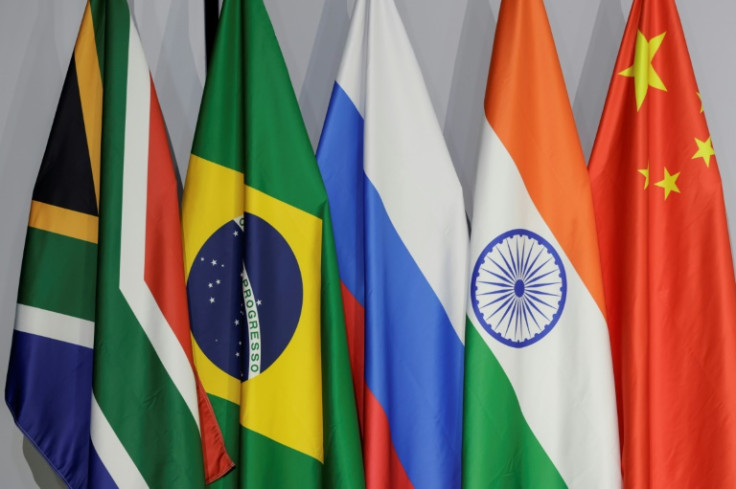Pakistan Applies For BRICS Membership, Eyes Russia For Support

KEY POINTS
- Pakistan has filed an application to join the BRICS group of nations
- Its ambassador to Russia, Muhammad Khalid Jamali, said Islamabad has contacted members for support, especially Russia
- The five-member bloc will officially add six new members in January 2024
Pakistan has applied for membership to join the BRICS group of nations and is turning to Russia for support.
The South Asian country's newly appointed ambassador to Russia, Muhammad Khalid Jamali, confirmed Islamabad's plans to join the group under Russia's presidency in 2024.
The BRICS bloc was initially formed in 2009 as a four-member group composed of Brazil, Russia, India and China. After adding South Africa as a member in 2010, the group recently saw its first expansion in more than a decade, with six countries — Argentina, Egypt, Ethiopia, Iran, Saudi Arabia and the UAE — being invited to join the group.
The official membership of the six new countries will commence in January 2024.
"Pakistan would like to be part of this important organization and we are in the process of contacting member countries for extending support to Pakistan's membership in general and Russian Federation in particular," Jamali told Russian News Agency TASS.
Russian President Vladimir Putin skipped the 15th BRICS summit this year, which was hosted by South Africa.
Russian Deputy Foreign Minister Sergey Ryabkov said in October that the group has plans to create a list of candidates for partner-state status before the next BRICS Summit, expected to be hosted by Russia in Kazan next year.
Under Moscow's BRICS chairmanship, special attention will be paid to expanding the "circle of BRICS friends," including in Latin America.
"It is fully in line with the motto for Russia's BRICS year, which reads as follows: 'Strengthening Multilateralism for Justice in Global Development and Security,'" Ryabkov said.
The bloc's symbolic power appears to be growing with the recent expansion, which includes some of the world's top energy suppliers.
"As of 2023, the BRICS coalition constitutes 32.1% of the global GDP. The admission of new members has augmented the group, now encompassing six out of the world's top 10 energy suppliers," Neelima A, research associate at Centre for Public Policy Research, previously told International Business Times.
"Additionally, BRICS has achieved a broader geographical representation by including nations from various regions such as South America, South Africa, West Asia, and Asia, thereby forming a more inclusive alliance of nations from the global south," she added.
© Copyright IBTimes 2024. All rights reserved.






















